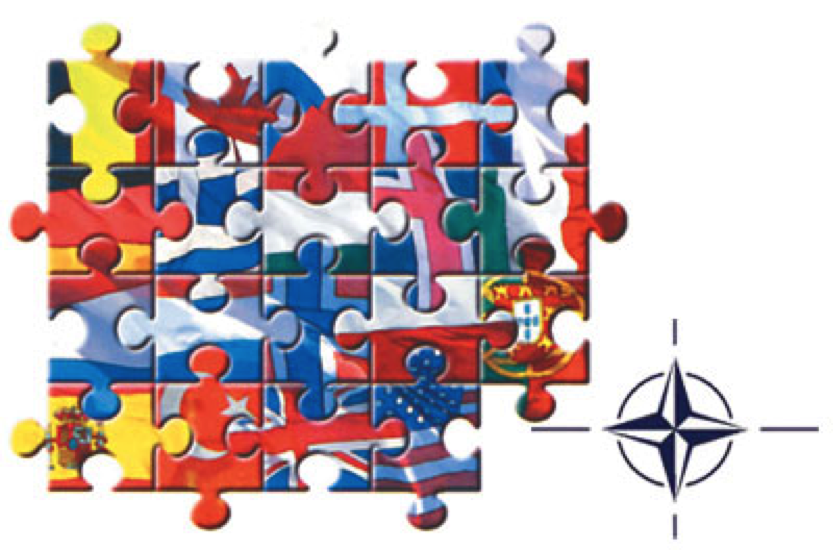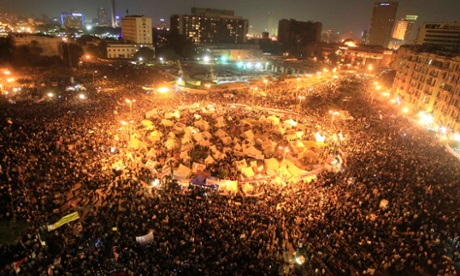[captionpix align=”left” theme=”elegant” width=”320″ imgsrc=” http://www.journal.forces.gc.ca/vo5/no1/images/nato-otan.jpg ” captiontext=””]
Since its establishment in 1949 and its Cold War victory against the Soviet Union, the North Atlantic Treaty Organization (NATO) has arguably been the most successful military alliance. In recent years, however, its potential future of reduction and modesty has reluctantly spurred conversation and debate among governments and taxpayers alike in Alliance member states.
Canada’s position in such debate is of particular interest, as many Canadians believe NATO is no longer serving their country’s political and military needs. Further, global economic crises have resulted in reduced defense spending and shifts in expansion and multilateral connections. Consequently, much attention is given to the capabilities of the United States and to European Alliance members, while the necessity of NATO among Canadians remains questioned.
As the world continues to change economically, politically, and in ways that shift connections both inside and outside the Alliance, new priorities, a lack of cohesion, and often less successful roles are experienced by NATO, and member countries are increasingly encouraged to be independent financially and militarily. Canada continues to be only partially involved with these priorities as most members of the Alliance demonstrate the capabilities to defend themselves with their own forces and resources, and without Canadian support. As reliance on the United States increases with regards to support by means of forces and intelligence, Canada is focusing more on the North American and Western hemisphere than across the North Atlantic.
With increasing interest of powerful nations in the resources of the Canadian Arctic, NATO and Canada’s membership must converse equally on national interests versus merely friendships. Without mutual support and Alliance cohesion, the debate of Alliance presence in the Arctic will unlikely be settled.
Perhaps Rasmussen’s alternative of “smart defense” – that is, of readdressing priorities, sharing resources, and specialization – is one to be explored further, as discussion of military logic and strategic interests must be addressed before members of NATO, including Canada, can explore how to move forward most effectively. The future of NATO remains unknown and debated.
While questions of national security strategy and of economic, social, and political potential are addressed, the role of the people must not be undermined. This is especially important given the questions surrounding Alliance members’ commitment to facing new threats and challenges. Uncertainty remains whether or not NATO continues to provide not only a community, but also peace and security for Canada and abroad, where Canada fits within this community, and how Canada’s role in NATO can most effectively encourage the defense and democracy of Canadians in the modern era.
NATO must continue to adjust to emerging conditions itself, despite inter-national shifts and perceived lacks of unity and political will, otherwise the question becomes: How can there be cohesion and community without purpose?



